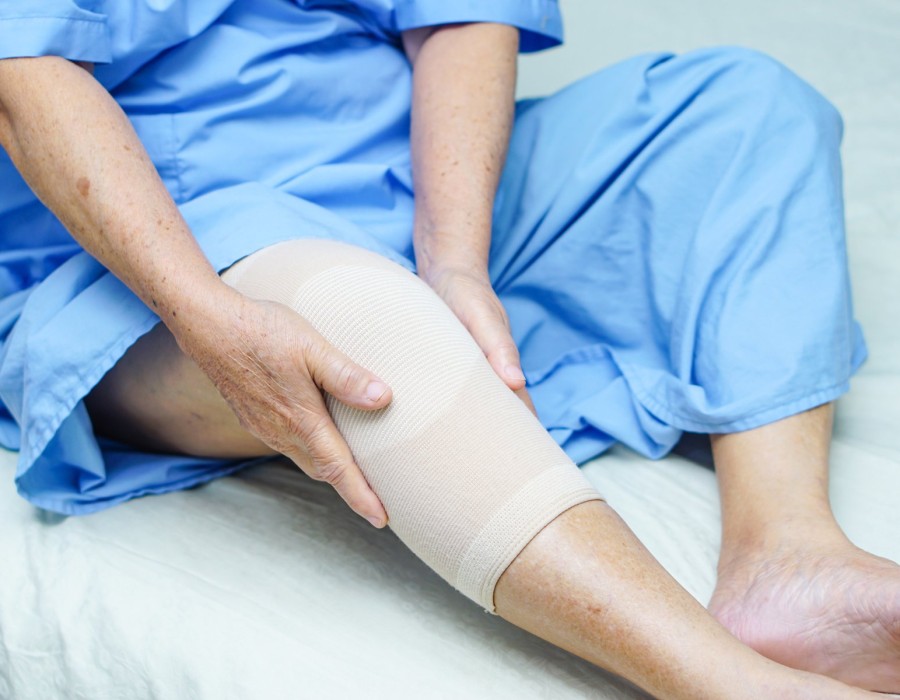Preparing for knee replacement surgery involves several key steps to ensure the best possible outcome and to minimize risks. Here are the essential steps:
Medical Evaluation and Preoperative Testing:
- Comprehensive Physical Examination: Conducted by your primary care physician to assess your overall health and identify any conditions that might complicate surgery.
- Preoperative Tests: May include blood tests, urine tests, chest X-rays, and an electrocardiogram (EKG) to ensure you are fit for surgery.
Reviewing Medications:
- Medication Adjustment: Your surgeon will review your current medications and may advise stopping certain medications, such as blood thinners, anti-inflammatory drugs, and supplements, that can increase bleeding risk.
- Prescription Adjustments: You might be prescribed medications to take before surgery, such as antibiotics to prevent infection.
Physical Preparation:
- Exercise and Physical Therapy: Engage in exercises to strengthen the muscles around your knee. A physical therapist may provide a preoperative exercise plan to improve your flexibility and strength.
- Weight Management: If you are overweight, losing weight can reduce stress on your knee and improve surgical outcomes.
Home Preparation:
- Mobility Aids: Arrange for crutches, a walker, or other mobility aids. Ensure they are ready for use post-surgery.
- Home Modifications: Make necessary adjustments to your living space to facilitate easier movement during recovery. This may include installing handrails, removing loose rugs, and setting up a comfortable recovery area on the main floor to avoid stairs.
Diet and Lifestyle:
- Healthy Eating: Follow a balanced diet to boost your immune system and overall health.
- Smoking Cessation: If you smoke, it’s crucial to quit or reduce smoking, as it can interfere with healing and increase the risk of complications.
Educational Preparation:
- Preoperative Education Classes: Attend classes or sessions offered by the hospital or surgical center to learn about the surgery, what to expect, and postoperative care.
- Understanding the Procedure: Discuss the surgery in detail with your surgeon, including the type of knee replacement, the prosthesis used, and potential risks and benefits.
Planning for Postoperative Care:
- Recovery Plan: Arrange for someone to assist you at home during the initial recovery period. This includes help with daily activities, transportation, and attending follow-up appointments.
- Rehabilitation: Set up postoperative physical therapy sessions as advised by your surgeon to ensure a smooth and effective recovery.
Pre-Surgery Preparation:
- Fasting Instructions: Follow your surgeon’s instructions regarding fasting before surgery, typically starting the night before.
- Hygiene: You may be instructed to shower with an antiseptic soap to reduce the risk of infection.
By carefully following these steps, you can help ensure that you are well-prepared for knee replacement surgery and increase your chances of a successful outcome and smooth recovery.





Comments